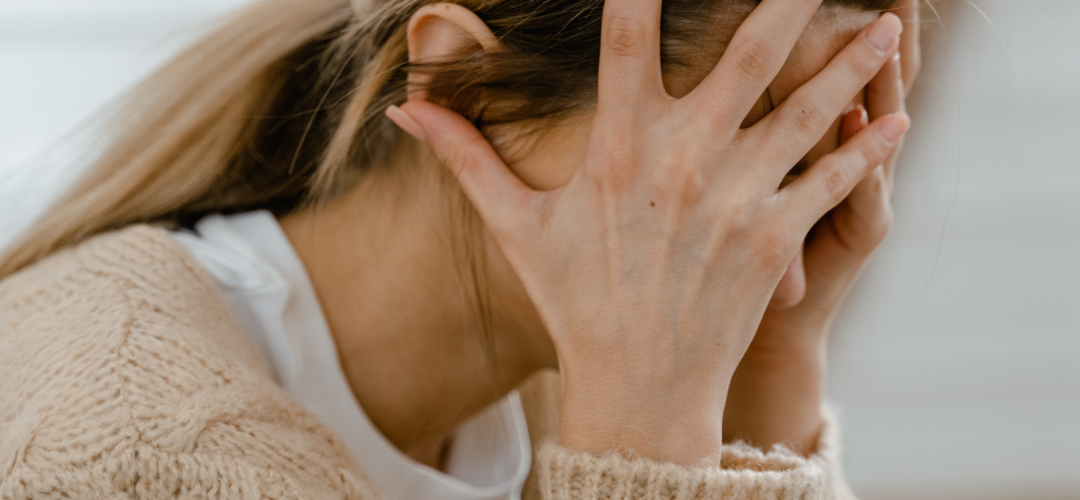Let’s dive right in on how depression affects relationships.
When you’re in a foul mood, nothing goes right. This can include your relationship with your spouse/partner, friends, family members, or co-workers. The connection between your emotions and your relationships is strong, but there are things you can do to help!
Take Notes
If you suspect your mood is the reason for a rift in a relationship, take note of what others are saying to you. If those closest to you are beginning to refer to you as a “Debbie Downer” or “Negative Nancy,” it’s time to evaluate what’s going on emotionally.
Find the Bright Side
Oftentimes, we see the dark side of situations, which affect our relationships with others. Try being more objective and see the situation more accurately. This can be somewhat difficult in the beginning because it’s new and, well, old habits die-hard. But, it’s important to see things for what they truly are.
Check Your Partner
If you and your partner are complete opposites, that may play a role in your relationship. For instance, if one of you is happy-go-lucky and the other is full of negativity, your relationship is going to be affected. While opposites attract, sometimes the effects of that attraction can be difficult.
Seek Treatment
If you’ve done the above and are still having issues with your mood affecting your relationships, it’s time to seek treatment. There could be a number of reasons your mood is off, including anxiety. It’s best to seek treatment of a professional who can help you evaluate these feelings and give you the tools necessary to work with them.
Emotions affect everything in our lives, especially relationships with others. Don’t let your emotions have a negative impact on your otherwise healthy relationships.
Frequently Asked Question’s:
How does depression affect your relationships?
Depression can influence relationships in several ways. The person may seem emotionally disconnected, unmotivated, or numb. Irritability or mood swings can surface, sometimes causing frustration or anger to be directed at loved ones. Emotional and physical intimacy often decline, which can feel like rejection to a partner. Many people with depression isolate themselves, which may be misinterpreted as neglect. Feelings of guilt or low self-worth can also lead to self-sabotaging behaviors that strain the relationship.
What to do when your depression is ruining your relationship?
Recognizing the role depression plays is the first step. Honest, shame-free communication with your partner is crucial. Seeking professional help—individually or as a couple—can make a significant difference. Let your partner know how they can support you, even if it’s just by being present. Most importantly, practice self-compassion. Depression is an illness, not a personal failure, and healing takes time and care from both sides.
What is it like being in a relationship with someone with depression?
It can be challenging. A partner may feel helpless, confused, or emotionally burdened. There may be moments of loneliness, especially if the depressed person withdraws. But with support, patience, and understanding, many couples become more resilient. Being in this kind of relationship often requires education, clear boundaries, and learning not to take symptoms personally.
Can depression make you withdraw from a relationship?
Yes. Withdrawal is a common symptom of depression. You might feel like a burden and pull away to protect your partner. Emotional numbness can make it difficult to connect. Hopelessness or fatigue might cause you to avoid communication altogether. These responses are symptoms—not signs of weakness or failure—and they can be worked through with support.
Take care,
Dr. Nicole


